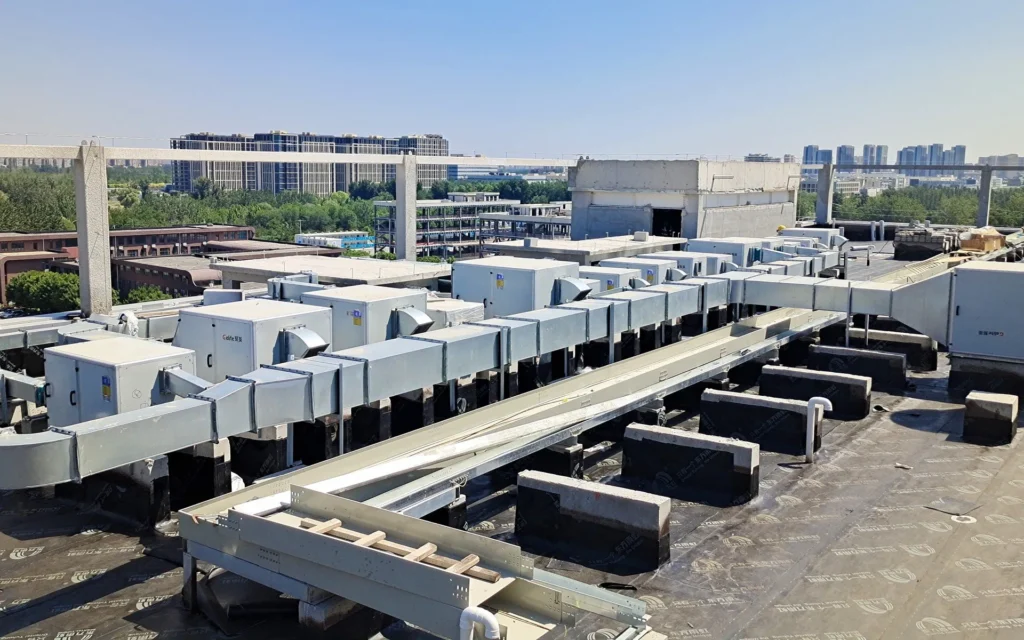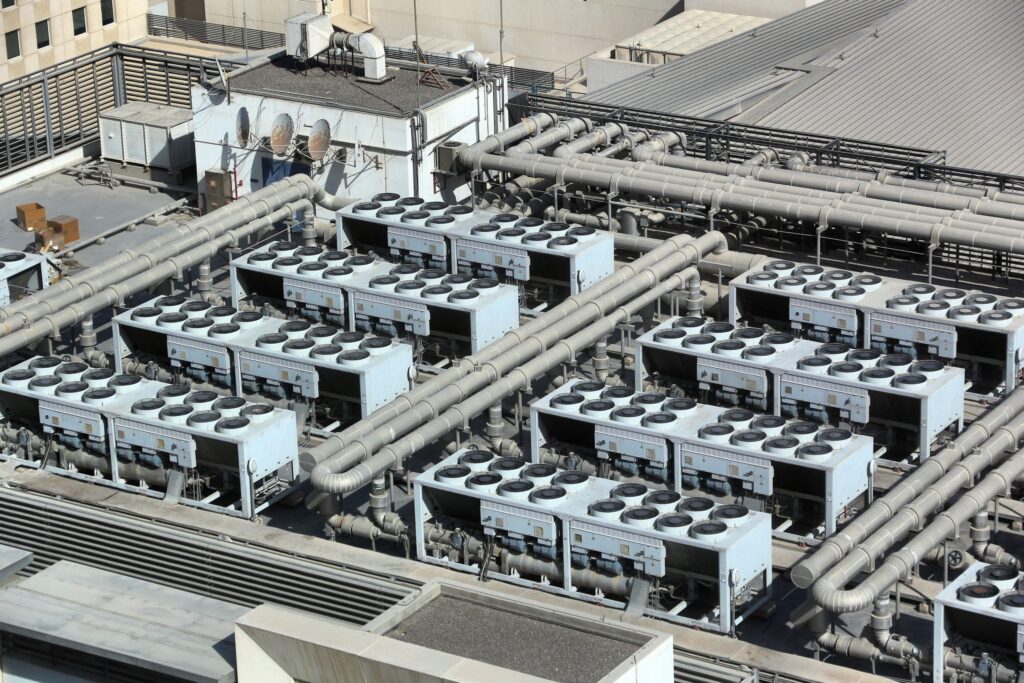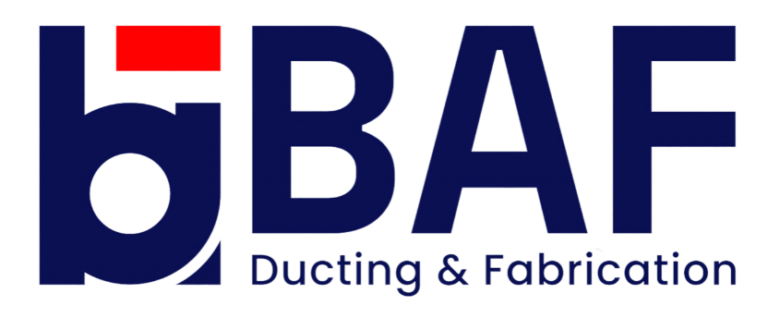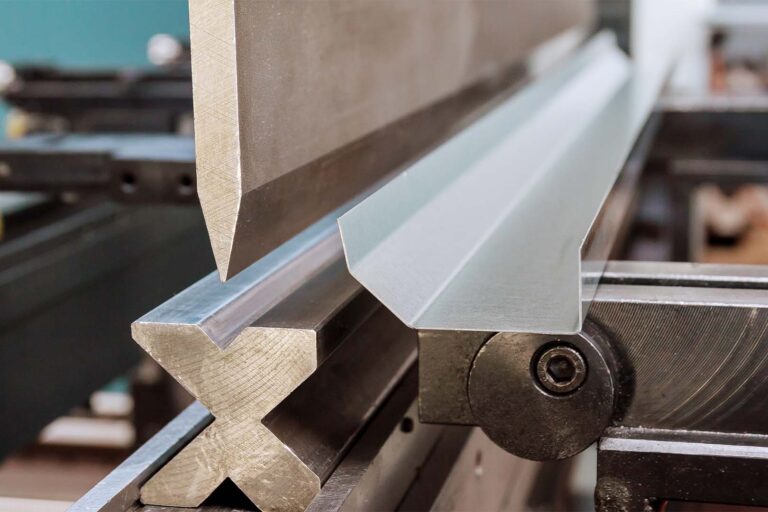In the fast-paced world of construction, manufacturing, and infrastructure development, sheet metal fabrication stands as a cornerstone of innovation and utility. From HVAC ducts and enclosures to architectural façades and industrial machinery, fabricated metal components shape the physical environment around us.
And in a region like the United Arab Emirates (UAE)—where ambitious mega-projects, rapid industrialization, and a booming construction sector are the norm—sheet metal fabrication is not just in demand, it’s evolving. Customization, once seen as a luxury or add-on service, is now becoming an essential part of how the industry operates in the UAE.
In this article, we’ll dive deep into:
- What sheet metal fabrication entails
- Why the UAE’s business landscape makes customization crucial
- The industries that benefit most from custom fabrication
- Key trends driving this shift
- And what companies need to consider when selecting a fabrication partner
Let’s get into it.

What is Sheet Metal Fabrication?
Sheet metal fabrication refers to the process of cutting, bending, and assembling flat sheets of metal into desired shapes and structures. This process can involve:
- Cutting (laser cutting, plasma cutting, shearing)
- Bending (press brake bending, roll forming)
- Welding (MIG, TIG, spot welding)
- Punching, stamping, and forming
- Finishing processes like powder coating or galvanization
The goal is to create functional parts or end-products that meet specific requirements. The raw materials typically include steel, stainless steel, aluminum, copper, and other alloys.
While many applications use standardized parts, more and more businesses in the UAE are demanding custom-fabricated solutions—and for good reason.
Why Customization Matters More Than Ever in the UAE
1. Architectural Innovation and Aesthetic Demands
Dubai and Abu Dhabi are global showcases for futuristic design and architecture. From twisting skyscrapers to sustainable facades, no two buildings are alike.
Custom sheet metal solutions allow architects and builders to bring their bold visions to life. Whether it’s unique cladding panels, decorative façades, or non-standard structural elements, custom fabrication enables true architectural freedom.
2. Rapid Urban Development & Tight Timelines
The UAE is known for delivering projects on tight timelines. Whether it’s a new airport terminal, expo pavilion, or commercial center, there’s little room for delays.
Customization allows developers to work around space constraints, structural irregularities, or last-minute design changes—all without compromising on quality or schedule.
Instead of being bottlenecked by mass-produced components that don’t quite fit, teams can commission exact-fit parts that solve specific problems immediately.
3. Diverse Industrial Needs
Industries in the UAE are varied—from oil & gas and aerospace to data centers, hospitality, and retail fit-outs. Each of these sectors requires components tailored to specific performance, safety, or spatial requirements.
Customized sheet metal fabrication ensures that equipment fits perfectly, performs optimally, and complies with sector-specific regulations.
Example:
A custom-designed HVAC duct system in a high-rise tower may need to fit within irregular ceiling voids while minimizing noise and optimizing airflow. Mass-produced systems often fall short here.
4. Localization and Import Challenges
Importing prefabricated parts can introduce delays, costs, and compatibility issues. The UAE’s strategic push for “Make it in the Emirates” encourages businesses to source and manufacture locally.
Custom fabrication services in the UAE allow for:
- Quicker turnarounds
- Local material sourcing
- Custom-built solutions that suit the climate, codes, and customer preferences
This shift toward localized, customized solutions aligns with the government’s broader goals of economic diversification and industrial self-reliance.

Industries in the UAE That Rely on Custom Sheet Metal Fabrication
Let’s break down the key sectors where customization is transforming sheet metal usage:
1. Construction and Infrastructure
- Custom brackets, supports, and staircases
- HVAC ducts tailored to specific projects
- Metal cladding for unique facades
- Lift shafts, enclosures, and framing components
2. Hospitality and Retail
- Interior fit-outs for cafes, hotels, and malls
- Stainless steel kitchen and bar equipment
- Decorative metalwork and signage
- Furniture components and architectural accents
3. Oil, Gas & Energy
- Corrosion-resistant enclosures
- Flameproof panels and explosion-proof ducting
- Specialized cable trays and pipe racks
- Offshore platform components with marine-grade specs
4. Manufacturing and Industrial Automation
- Custom machine housings
- Safety guards, conveyors, and frames
- Racking systems and modular components
- Electrical enclosures and ventilation systems
5. Transportation and Logistics
- Vehicle body parts and panels
- Storage compartments
- Lightweight structural elements for buses or trucks
- Ramps, cages, and loading bays
Each of these industries faces distinct challenges—and standardized parts often can’t meet the mark.
Customization in Action: Real-World Examples
Here are a few use cases that show why custom fabrication has become the go-to approach in the UAE:
Case Study 1: A Boutique Hotel in Downtown Dubai
Problem:
The hotel’s rooftop bar design required custom curved stainless steel counters and concealed ducting that matched the curvature of the building.
Solution:
A local fabricator used 3D CAD design and CNC bending to create custom elements that fit seamlessly, with minimal welding and post-processing. The project was delivered 2 weeks ahead of schedule.
Case Study 2: A Logistics Hub in Jebel Ali
Problem:
Standard cable trays didn’t fit the tight vertical space available in the mezzanine, causing wiring delays and safety concerns.
Solution:
Custom perforated cable trays were designed and fabricated locally, allowing for compact cable management while complying with electrical codes.
Result:
Installation time was reduced by 30%, and the solution saved the contractor from costly reworks.
Trends Driving the Shift Toward Customization
Several technological and market trends are pushing custom fabrication into the mainstream in the UAE:
1. Advancements in CAD/CAM Software
Modern fabrication is powered by computer-aided design (CAD) and computer-aided manufacturing (CAM) tools. These enable:
- Precision engineering
- Rapid prototyping
- Simulation of stress, airflow, and thermal performance
Customization becomes faster and more affordable when backed by smart design tools.
2. CNC and Laser Technology
The rise of CNC machines, laser cutters, and automated press brakes means fabricators can produce intricate custom parts with high repeatability and minimal waste.
Gone are the days when customization meant high costs and long lead times. Automation has made personalized fabrication scalable.
3. Sustainability and Waste Reduction
Customized components are designed to fit right the first time, reducing on-site rework and scrap material. This contributes to greener construction practices, aligning with the UAE’s sustainability goals.
4. Modular Construction and Prefab
With the rise of modular construction and prefabricated buildings, the need for precise, made-to-order parts is growing.
Custom metal panels, joints, and interfaces help ensure these modules fit and function perfectly when assembled.

Benefits of Custom Sheet Metal Fabrication for UAE Businesses
Still wondering whether going custom is worth it? Here are some undeniable advantages:
| Benefit | Why It Matters |
|---|---|
| Perfect Fit | No compromises or awkward workarounds |
| Faster Installation | Pre-fitted components reduce labor time |
| Improved Safety | Custom enclosures and guards ensure compliance |
| Aesthetic Appeal | Unique designs and finishes reflect brand identity |
| Performance Optimization | Better airflow, thermal resistance, and structural strength |
| Cost Efficiency Over Time | Avoid future modification costs and rework |
| Local Supply Chain | Shorter lead times and better quality control |
Choosing the Right Fabrication Partner in the UAE
Not all fabricators are created equal. When looking for a partner for custom sheet metal work, UAE businesses should consider the following:
1. Experience and Portfolio
Look for companies with proven experience in your industry. Review their past projects, especially complex or large-scale ones.
2. Design and Engineering Capabilities
A fabricator should offer in-house design services, using the latest CAD tools, so you don’t have to rely on third-party engineers.
3. Material Sourcing
Do they offer a variety of materials, including marine-grade stainless steel, fire-rated alloys, or pre-coated sheets?
4. Technology Stack
Are they using CNC, laser, robotic welding, and automated forming tools? The more advanced the tech, the faster and more precise the outcome.
5. Compliance and Standards
Ensure the company follows ISO certifications, UAE fire and safety codes, and relevant ASTM or EN standards.
6. After-Sales Support
Do they offer installation support, modifications, or maintenance services? A long-term relationship matters in complex projects.
The Future of Fabrication: Smart, Sustainable, and Fully Customized
As the UAE continues its evolution toward a global innovation hub, the industries that shape its skyline, infrastructure, and economy need partners who can deliver smart, scalable, and highly tailored solutions.
Sheet metal fabrication is no longer about bending and cutting—it’s about solving problems with precision, speed, and creativity.
Customization is the future. And for businesses in the UAE, that future is already here.
Final Thoughts
Whether you’re a developer, contractor, interior designer, or equipment manufacturer, the demand for custom sheet metal fabrication is only going to increase. Embracing customization allows you to adapt faster, build better, and reduce long-term costs.
In a country that’s constantly redefining the limits of what’s possible, why settle for off-the-shelf solutions?
Need custom sheet metal solutions in the UAE?
Partner with local experts who understand your industry, your timelines, and your vision.
Let’s build the future—one custom panel at a time.

